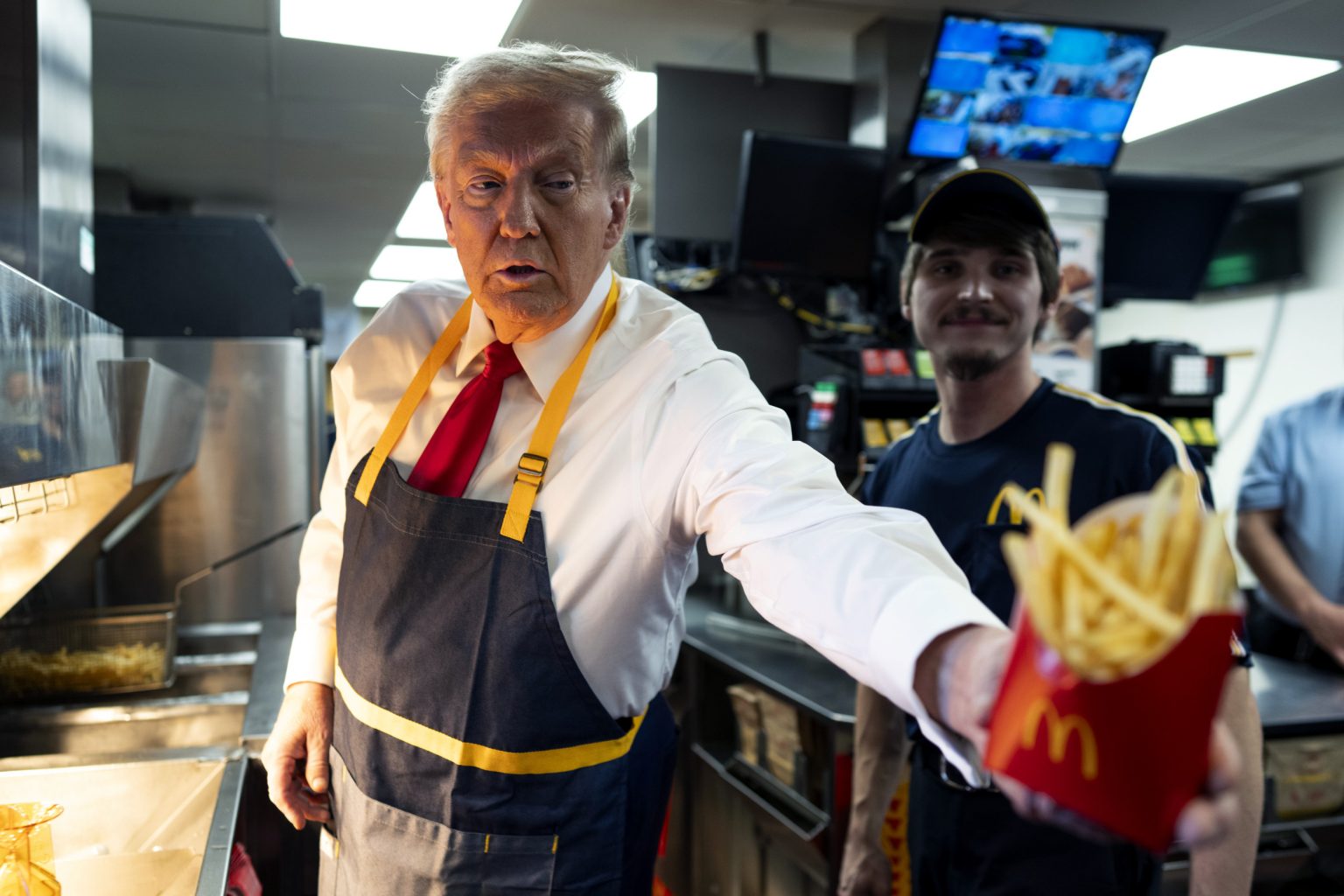The news cycle in recent days has been buzzing with the bizarre story of former President Donald Trump’s supposed “shift” at McDonald’s. While the image of Trump working at McDonald’s is entertaining to imagine, there is a legal reality that many have overlooked. With more than 91 charges and 34 felony convictions, including cases involving classified documents and attempting to overturn election results, Trump would not be legally eligible to work at McDonald’s or other fast-food establishments due to his criminal record.
Many major corporations, including McDonald’s, have strict policies regarding the hiring of felons, especially in states where it is prohibited by federal and state laws. McDonald’s, like other businesses, must ensure that employees are trustworthy and do not pose a risk to the company’s operations. Given the serious nature of some of the charges Trump faces, such as conspiracy, fraud, and dishonesty, it is unlikely that he would meet the criteria for employment at a fast-food establishment, even in an entry-level position.
Despite the fact that Trump’s legal status would prevent him from working at McDonald’s, the media and the Democratic Party have largely ignored this fact. While Trump’s legal battles have been extensively covered, his ineligibility for basic jobs such as working at a fast-food restaurant has been overlooked. This missed opportunity to highlight Trump’s disconnection from working-class voters could have been powerful messaging for the Democratic Party, but it has been overshadowed by more sensationalized reporting on his trials and indictments.
The media’s failure to capitalize on the narrative of Trump’s inability to work at McDonald’s due to his felonies may be attributed to a focus on more easily digestible headlines that do not require as much context. This story requires a nuanced explanation of McDonald’s hiring policies, felony employment laws, and the severity of Trump’s legal situation, making it less appealing in today’s fast-paced media landscape. Instead of highlighting how Trump’s criminal status impacts his ability to participate in basic aspects of society, the media tends to stick to repetitive coverage of his legal troubles and political endeavors.
The fact that Trump, with his multiple felony convictions, would be barred from working at a fast-food establishment sheds light on the broader ethical implications of his holding the highest office in the world. Despite the glaring contradiction of someone convicted of felonies being ineligible for an ordinary job, yet serving as president, this angle has largely been ignored in mainstream media coverage. There is a missed opportunity to point out the significance of Trump’s criminal record in relation to his ability to perform basic societal functions, which could have meaningful implications for his political standing and public perception.


